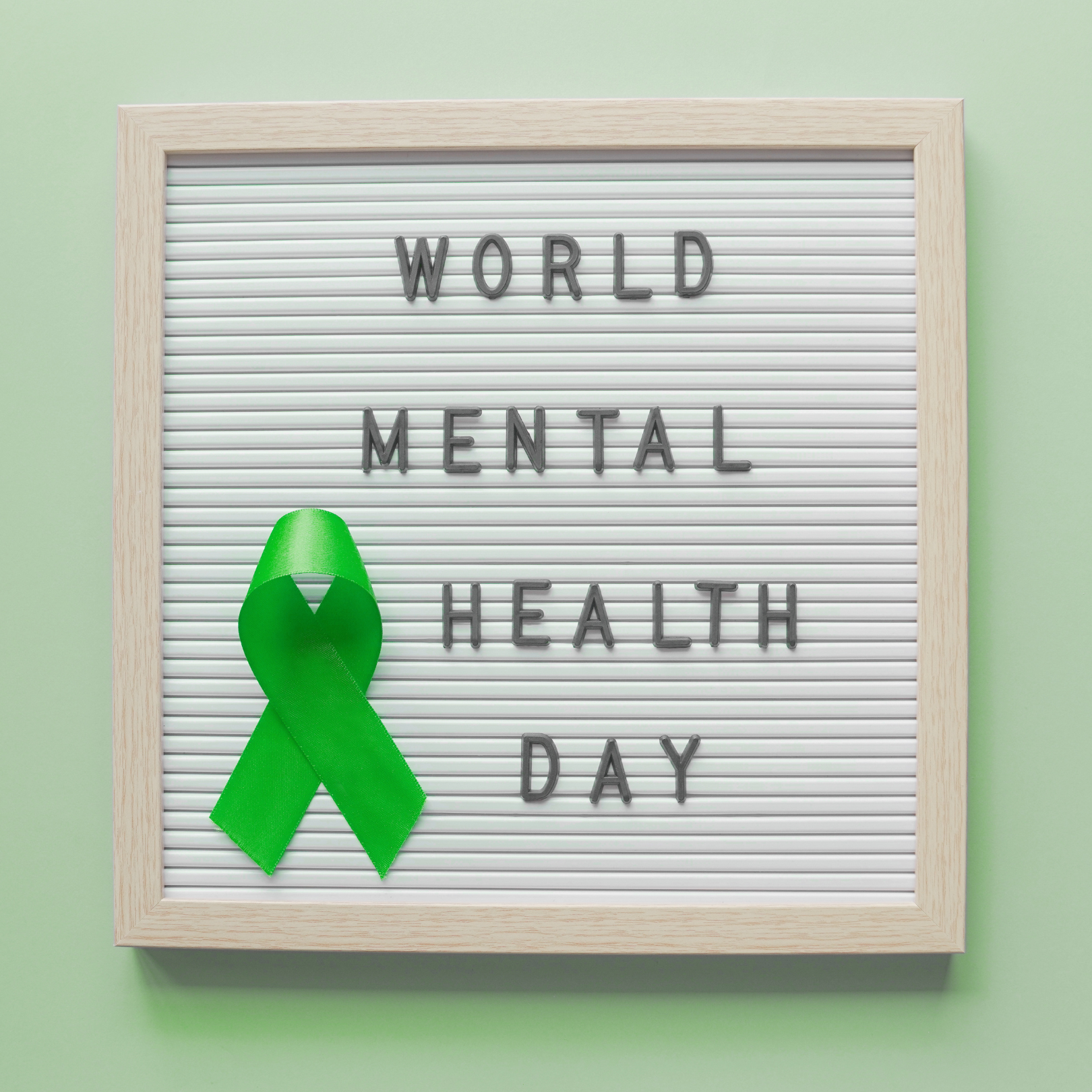Everyone is talking about mental health, more people are receiving mental health support than ever before. As we continue raising awareness of mental health conditions, there seems to be a gap in the provision or awareness of the services themselves. Awareness doesn’t automatically lead to acceptance or understanding, so there is still stigma around mental health treatment.
The number of mental health resources available varies widely between communities and there is still a large disparity in how much funding is given to physical vs. mental health services, even though one in five adults experiences a mental illness each year. The World Federation for Mental Health (WFMH) announced the theme for World Mental Health Day 2022, which is ‘Make mental health for all a global priority”.
It is great that people are talking about mental illnesses, but it’s important that we also talk about accessibility and destigmatisation for those who suffer from them. This year, let’s increase awareness and accessibility to quality information and resources.
When should you consider seeking help?
However, in recent years, health care professionals, educators and organizations have worked to overcome the stigma. Individuals and their loved ones are more likely to speak up about mental health conditions. They are encouraged to get treatment.
Look for these signs that you or a loved one may be experiencing signs of mental health conditions:
- Feeling sad or depressed.
- Trouble concentrating.
- Extreme feelings (including fear, guilt, sadness, or anger).
- Withdrawal from friends or activities.
- Extreme mood changes.
- Alcohol or drug abuse.
- Unexplained hostility or violence.
- Inability to cope with stress or your feelings.
- Delusions, paranoia, or hallucinations (such as hearing voices).
- Thinking about hurting yourself or others.
What does it mean to reach out?
There are different ways we can reach out. We can read up on self-care tips, text a loved one, have a chat with a healthcare professional, or lend a helping hand to others.
Whatever method we choose, reaching out for support can help us tremendously. Here are a few ways to reach out.
-
Psychotherapy or counselling.
One of the most common treatments for mental health conditions, therapy and counselling involve discussing your problems with a mental health professional. Often done one-on-one, it can also be done in a group setting or with your family. Individual and group talk therapy is sometimes helpful. Many people, including those who do not have a mental health condition and are simply going through challenging life situations (grief, divorce, etc.) find success in such forms of treatment.
-
Connecting with others
Reaching out can mean getting connected to someone we trust. It could be a friend, a loved one, or even a healthcare professional. When we talk about our thoughts and feelings with someone else, we often realise that we are not alone and it helps broaden our perspective.
-
Support groups
Self-help and support groups can help you gain insight into your condition. They can provide friendships, support, resources, and tips on how to live with your condition. They also help address the feelings of isolation that often go along with mental health conditions.
-
Seeking out tips for self-care
There may be times when we prefer to manage on our own, and when we do, we could reach out for tips and resources on self-care and coping skills. Check out our previous article for some ways you can implement self-care into your routine easily.
Everyone has mental health, however, prolonged poor mental health could eventually lead to mental illness. Mental illness is nothing to be embarrassed by or ashamed of and being aware of mental health issues and the plethora of options can help you feel less alone. If you are struggling please reach out, we are just a call away!




